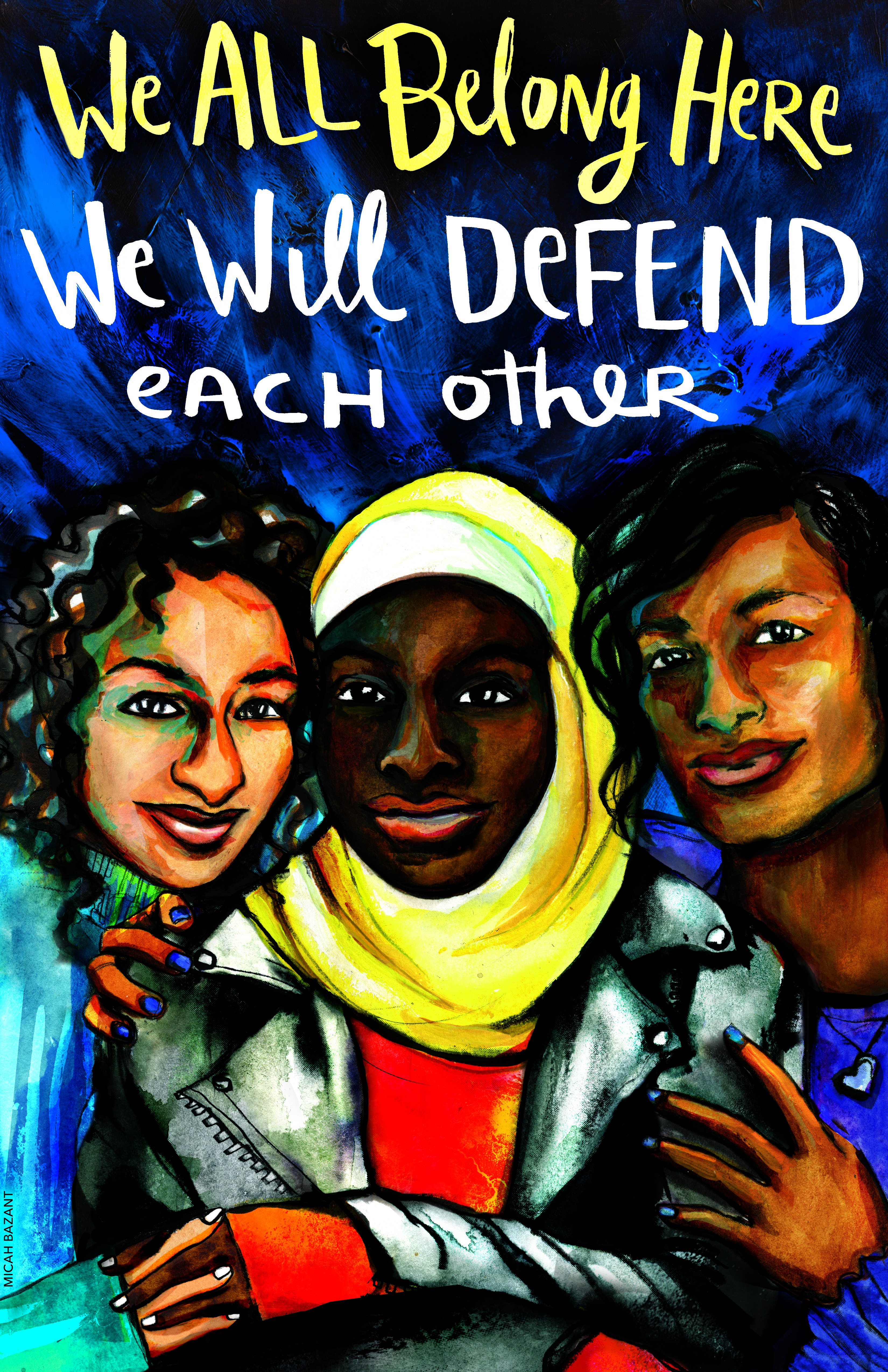Building bridges in the age of migration
The Maryknoll Office for Global Concerns has begun a process of discernment to decide how best to offer compassion and welcome and promote justice and peace for migrants and refugees.
The Maryknoll Office for Global Concerns has begun a process of discernment to decide how best to offer compassion and welcome and promote justice and peace for migrants and refugees.The following article was published in the July-August 2017 issue of NewsNotes.
Facing an unprecedented global crisis of more than 65 million people displaced by disaster, conflict, and poverty, and while anti-immigrant sentiment is on the rise worldwide, Maryknoll missioners are in a unique position to bear witness and testify to the struggles of migrants and refugees as well as provide a powerful counterpoint to the rise of intolerance and hate.
To tap that rich source of witness and welcome, the Maryknoll Office for Global Concerns last month led a series of important conversations with Maryknoll missioners and leadership on migration. Under the banner of “building bridges in the age of global migration,” the two-day series kicked off with a “Food for Thought” brownbag presentation on the global migration crisis, Catholic social teaching on migration and sanctuary, and Maryknoll’s historic role working with and ministering to vulnerable people on the move around the world for more than a century. It concluded with a robust discussion among missioners about current work, personal experiences, and ideas for future action.
“The desperation exists, and the immigration will persist,” said Brother Marty Shea, just returned from the Petén region of Guatemala where he regularly encounters desperate migrants from Honduras and El Salvador trying to cross Guatemala into Mexico and where he is aghast at the recent rise in the murder of women and girls region wide.
Brother Shea was one of nearly 100 Maryknoll missioners and employees who attended the brownbag and engaged in a lively discussion afterward. That session, as well as the Maryknoll Office for Global Concern’s meeting with Maryknoll leadership and a two-hour open dialogue the next day, energized a process of discernment to sift apart different ways to respond to new Church statements and direction from Pope Francis, participate in the renewed sanctuary movement in the U.S., and contribute to the UN’s global compact on migration in 2018.
“I encourage this type of thing. We need to do this more,” said Father Paul Masson, whose mission experience includes years in Bolivia, Chile, and Mexico’s Ciudad Juarez. “There’s too much indifference in the world. We need more human stories. We all have them.”
The timing of the talks was fortuitous for all as many missioners were visiting Maryknoll during the summer months. Some of the people we were happily surprised to see in the room were Sister Janice McLaughlin from Zimbabwe, Father Ken Thesing from Rome, and Sister Rosemarie Milazzo, who, though she lives at the Sisters’ Center, is regularly working with Christian Peacemaker Teams in the Middle East.
“In Kurdistan the Yazidi people have been in refugee camps for years. They can’t return to Sinjar, can’t return to Mosul or Kirkuk,” Sister Milazzo said of the hundreds of thousands of Yazidis who remain internally displaced. “They don’t know when they’ll be able to go back [home].”
We were appreciative to have the active participation of other missioners who now live at Maryknoll and have years of mission experience in communities that have been affected by migration. Lay Missioner Debbie Northern spoke about teenagers fleeing gang violence in El Salvador, only to die on the journey north.
Father Fred Hegarty, a veteran of decades of missionary work in Chile, shared these words:
“Many of us have lived through years of great changes. In the course of about 50 years, I saw the transformation of a whole country. In the 1960s in Chile, a third of the population was living in the slums, had no access to education, and was just trying to stay alive.” … “We were able to offer people a strong religious motivation and an education.” … “The Catholic Church helped people organize and restructure land ownership throughout the whole country.” … “This is just one of piles of experiences in Maryknoll with something as big as this crisis.” … “The message I am saying is ‘Think big!’”
Many of the comments turned to local advocacy efforts and work accompanying migrants and refugees by missioners in Westchester county: former Maryknoll Lay Missioner employee Dave Loretan and Father Ed Byrne, both from St. Ann Catholic Church, Father Frank Breen and Sisters Maureen Donoghue, Sue Moore, and Ann Callahan, who work with a local refugee agency and Neighbors Link, a nonprofit assisting immigrants. Many missioners have also completed our online survey and given riveting testimony to suffering and hope.
Others debated the definitions of “refugee,” “migrant, “asylum seeker,” “internally displaced people.”
“I don’t know those definitions,” said Brother Shea in an emotional plea to see beyond official categories. “I do know it’s not immigration, it’s desperation. They are looking for a life.” … “We haven’t been a good neighbor to the people to the south.” … “And they are coming.”

